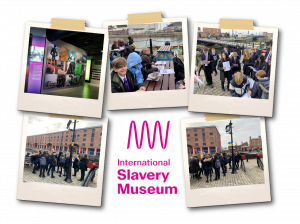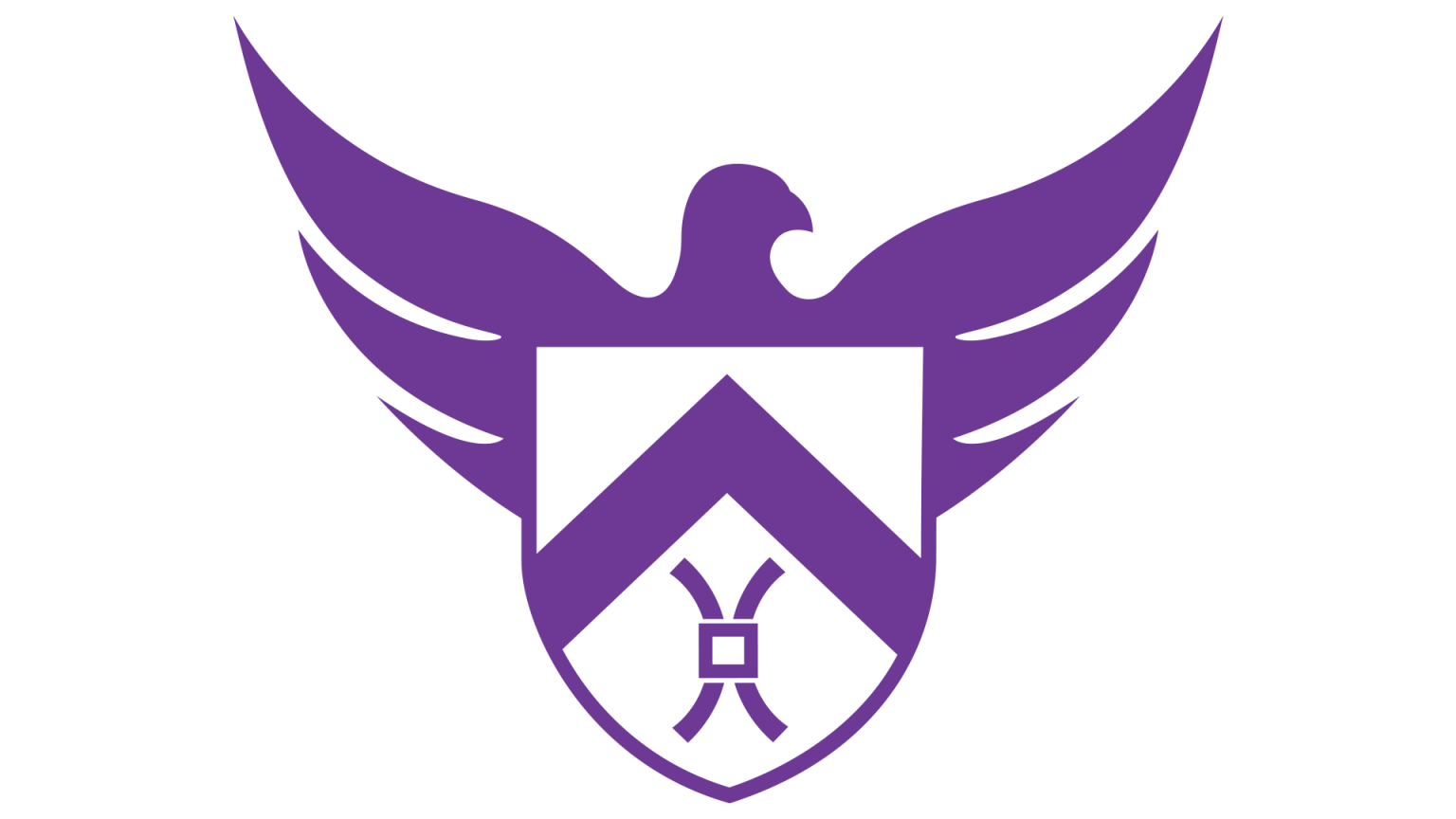History
Intent:
To produce critical-thinking students who can draw upon a wealth of relevant historical knowledge to help them succeed in their future endeavours.
To achieve this our students will:
- Know more and remember more about the history of these islands from the Roman Invasion of Britain up to the present day and build a chronological view of the change and continuity of this journey.
- Gain a broad base of knowledge about the ways in which Britain has interacted with, and had an impact on, the rest of the world throughout history as well as a case study on the Civil Rights Movement in the USA.
- Develop disciplinary knowledge which allows them to critically analyse both historical and contemporary sources of information and build an accurate picture of the past and the methods historians use to investigate it.
- Be challenged to develop their own opinions on causes and consequences as well as change, continuity and significance and through guided practice, they will become competent in articulating and justifying their opinions in both written and verbal form.
- Increase their cultural capital and understanding of the wider world focused around nine substantive historical concepts which reoccur time and again throughout their chronological study of history: society, economy, politics, power, war & conflict, democracy, religion, revolution, empire.
How the History curriculum contributes to the school’s curriculum intent:
Our curriculum supports students from all backgrounds, including those who are disadvantaged, so students can access a high-quality, knowledge-rich curriculum. Our school community believes strongly in providing disadvantaged pupils with a curriculum that enables them to reach the academic standards of their non-disadvantaged peers. Our goal is to bring our young people into the big conversations of our disciplines, to bring depth to our curriculum, so they can understand the world around them.
- Knowledge is developed about British history from the Romans through to the 20th This is also extended at KS3 to include the slave trade, the American Civil War and wider impact of WWI and WWII. In Y9 and into KS4 students will gain knowledge about the formation of the modern Germany and the rise of the Nazis; Life in Elizabethan England; how power has changed over 800 years of history through to modern day and the impact it has on people; the conflict between the East and West during the Cold War.
- Vocabulary rich through exposure to subject specific vocabulary to describe the past and reading and exploring a wide variety of written historical sources.
- Aspiration through challenging subject matter and difficult historical concepts. Challenge through investigating sources, critical and evaluative thinking, and extended writing. Formative feedback to support the culture of improvement – always can improve our work, knowledge, and learning.
- Character building through study and evaluation of events, people, and sources to make sense of the past and how it has impacted upon the world today. Resilience & mental toughness through the climate for learning in the history classroom: can-do culture, learn from mistakes, and improving work based on quality teacher feedback.
- Love learning as pupils study engaging historical events, people, and sources to develop critical thinking and wider historical skills. Deep human questions are tackled to engage and foster love of learning. Teaching methods use a range of techniques to engage pupils and foster a love of learning. Challenge is promoted through deep learning to develop pride in achievement to develop confidence, self-belief, and inspiration to learn more.





